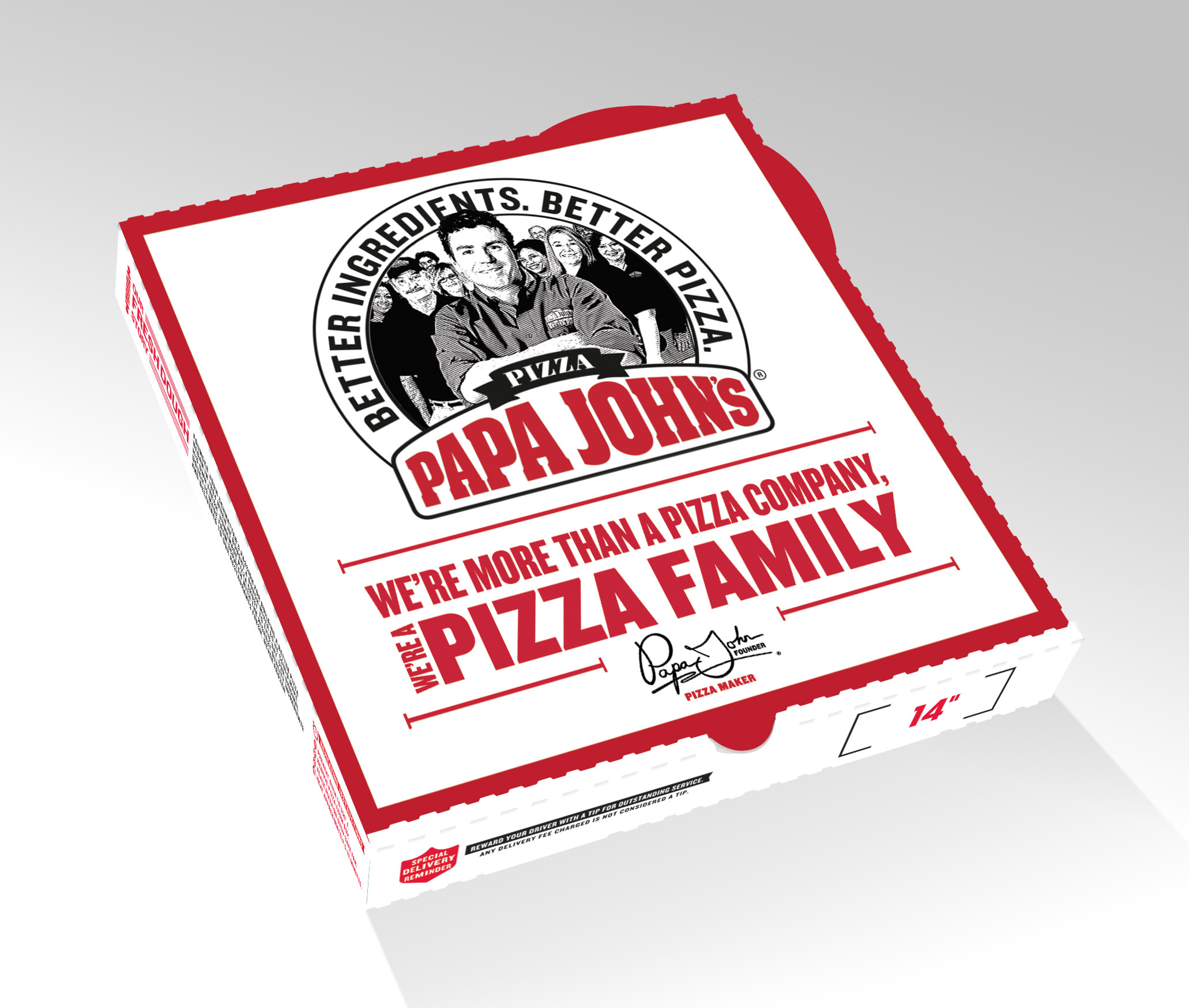Facebook's War on "Fake News"
/Facebook has taken several steps to banish incorrect information on the site. The company provides three examples of questionable news items and the action they took, including what they missed.
In some of these situations, stories were doctored with images from related situations. One image, with the caption, “Man from Saudi spits in the face of the poor receptionist at a Hospital in London then attacks other staff,” represents a situation that happened at a veterinary hospital. The post explains, “On Facebook, we’ve seen years-old images of violent acts, protests and war zones reposted and used to inflame current racial or ethnic tensions.”
Another story promised that NASA would pay people $100,000 “to stay in bed for 60 days.” Although this may sound appealing—and it did garner millions of Facebook views—again, this claim referred to an older article in which a journalist was paid $18,000 for staying in bed for 70 days. But the offer no longer stands.
A Standard study reports that Facebook’s efforts are working to reduce misinformation, although we don’t yet see the same effects on Twitter: “Interactions then fell sharply on Facebook while they continued to rise on Twitter.“ A Mashable report explains:
“Mark Zuckerberg and company may be on the right track when it comes to fighting fake news, but as you can see from those engagement numbers, it’s not a success story quite yet. Even with the downward trend over the past 2 years, Facebook is still responsible for much more of the spread of fake news than a social platform like Twitter.”
Discussion:
How do you interpret Facebook’s progress?
Assess the Facebook post. How well is the company taking responsibility and explaining what still needs to be done?












